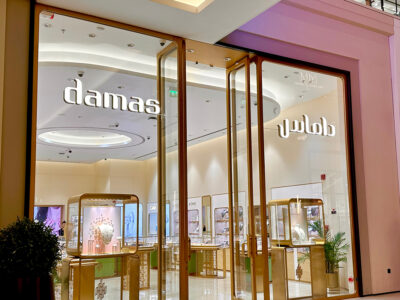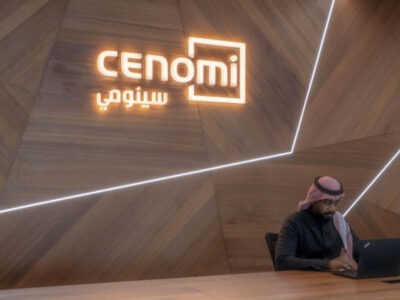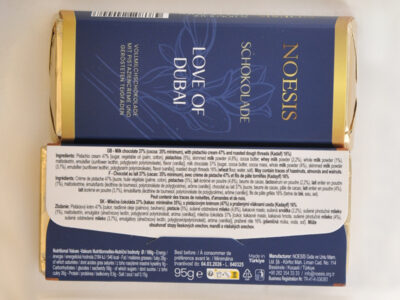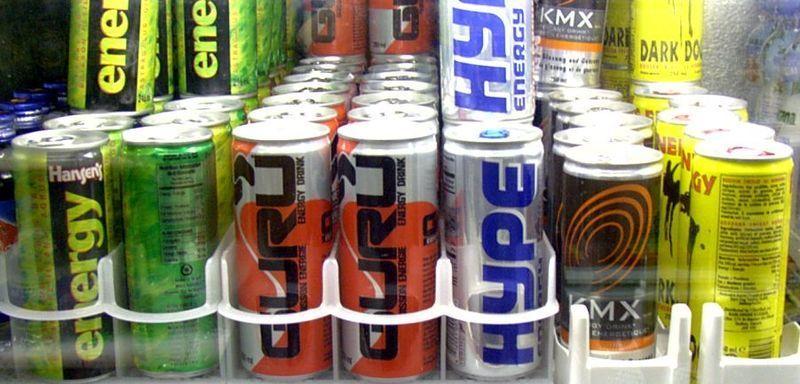Energy drinks suppliers are eyeing expansion in Africa, the Near East and India as they look to open up new markets to counter moves by Saudi Arabia to impose a 100 percent tax on their sales in the Gulf kingdom.
Suppliers participating in Gulfood in Dubai, the world’s largest annual food and hospitality trade show, say Africa and India in particular are showing huge potential.
Hype Energy drinks, known as the sector’s fashionista for its innovative product range and creative packaging, has signed a flurry of new distributor agreements at the show taking it to the Lebanese and South African markets and says new accords are imminent with potential partners in Ethiopia, Pakistan and India.
“New markets will be the answer to the impending taxation in Saudi Arabia,” said Camille Sofia, head of marketing, Africa, Asia and the Middle East. “We will be launching into Egypt around the beginning of April and have also received enquiries at the show for Nepal and the Maldives which we are pursuing.”
Hype, which operates a regional office in Dubai, said it is final talks to imminently sign distributors in the UAE and Qatar to add to its network which already includes Kuwait and Bahrain.
Sofia added: “There’s no denying Saudi is a big market which will now be impacted but other markets are opening up and we have been kept busy at Gulfood pursuing these leads.”
Saudi Arabia’s Mahmoud Saeed Beverage Industry, the name behind the locally-produced Boom Boom energy drink and the Hillsburg and Dandanah refreshment brands, said it has been talking to potential partners from Ghana, Guinea and Kenya at Gulfood.
Saudi Arabia has announced it plans to impose a tax of 50 percent on soft drinks and 100 percent on energy drinks and hopes to expand the move to other GCC states for implementation early next year.
The Council of Saudi Chambers of Commerce & Industry has estimated that energy drinks sales in the kingdom touched $1.5 billion a year in 2014. Eighteen months ago Saudi authorities banned the sale of energy drinks in sports clubs and within government, health and education facilities and all forms of sponsorship and advertising including the free distribution of the drinks.
Despite the Saudi taxation moves Dubai-based Moto, a UAE-made energy drink produced in Jebel Ali, will shortly move into the Saudi market with its existing brand and an upcoming all-vitamin version.
“You cannot ignore the Saudi market despite the difficulties because it’s the largest energy market in the Middle East,” said Tariq Suliman, managing partner.
Moto, which recently moved into 269 petrol stations throughout the UAE and plans to have 6,700 point of sale operations throughout the emirate’s mass grocery retail sector by the end of March, has signed up a dozen distributors at Gulfood.
“There’s no denying Africa is going to be big and we have met two potential distributors at Gulfood which could help us enter the Angolan and Cote D’Ivoire markets,” explained Suliman.
Long-term Moto plans to launch new water and vitamin drink products and then its own proprietary product facility in the UAE.
“The feasibility study has been done and the plans are ready – we are just now building volume and we’ll be ready to go easy within two years,” explained Suliman. “The plant will be in the UAE because it is an incredibly important energy drink market accounting for 3.4 million cases a year.”








